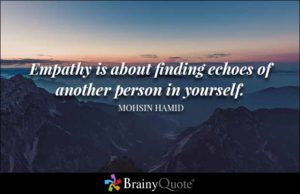 In a small room off the Google Sydney reception in 2015 I was called a jerk by a co-worker in New York. This isn’t a particularly strong word or anywhere near the worst abuse I had ever heard, but I was stunned given the context of a 1:1 in a very politically correct company. More than that, I was stunned because I was right in my opinion on the discussion subject and he was right in his opinion of me.
In a small room off the Google Sydney reception in 2015 I was called a jerk by a co-worker in New York. This isn’t a particularly strong word or anywhere near the worst abuse I had ever heard, but I was stunned given the context of a 1:1 in a very politically correct company. More than that, I was stunned because I was right in my opinion on the discussion subject and he was right in his opinion of me.
The possibility of two things being simultaneously true and contradicting wasn’t beyond me, but I fundamentally didn’t have the skills to break down why or how the relationship had reached this point. Out of a feeling of confusion and basic self-awareness of an issue, I setup a subsequent VC with the peer’s manager. His words still stick with me – “Don’t you think we know that you’re right? In a year’s time we won’t remember the results of the project, but we will remember how we felt working with you”. This was the gap, this was my empathy wakeup call.
It took me almost two years, an MBA and two children before I felt confident that I had developed even an average grasp on empathy. Looking back now, it’s fascinating to me to understand with hindsight why it took so long. My starting point wasn’t poor self-awareness, I’ve always had a decent hold on that. The starting roadblock was that somewhere deep in my past I had developed a belief that emotion had no place in a professional environment. Look at the data, find the objectively correct answer, launch and iterate. Change is hard, but in an environment of constant change you need to put the emotion aside and trust the data will reward you with a better opportunity.
The truth is that emotions are always present, whether you want them there or not. The question is how well do you not only control them, but use them as a force for good. This lead to a deep internal questioning process under the guise of authenticity. Neil Bearden gave me the simplest description of authenticity I’ve ever heard: “Smokers fundamentally want to smoke, they have an underlying and genuine addiction. They do however have first order control over that addiction, based on cancer education for example. Authenticity means you only expose genuine, underlying beliefs or needs – it doesn’t mean you don’t control when and how they are exposed in a sophisticated way.” I could safely explore who I was and what I genuinely wanted, while trusting that this wasn’t laying your soul bare on the table as a whole (although maybe in parts) and more importantly that it was a real tool that I could use both personally and professionally to add a new dimension to my relationships. This was something I wanted.
The final piece was getting the confidence to use my empathy in a real way. It was about a year of trial and error before I developed any confidence that I wasn’t a) full of shit or b) a bad person who was putting that on display. There was a distinct point at a company offsite that I was so internally conflicted about my ability that I literally wrote my fear on a piece of paper and threw it into the fire. It was time to commit to embracing empathy and there was no going back.
Frankly I still don’t use empathy as often as I should or would like to. I at least know that I enjoy the feeling of connecting with others, that it improves my life and theirs, and that there is plenty more opportunity to use it. That’s enough for me to feel confident, now it’s just a case of practicing and finding the next fault to develop.

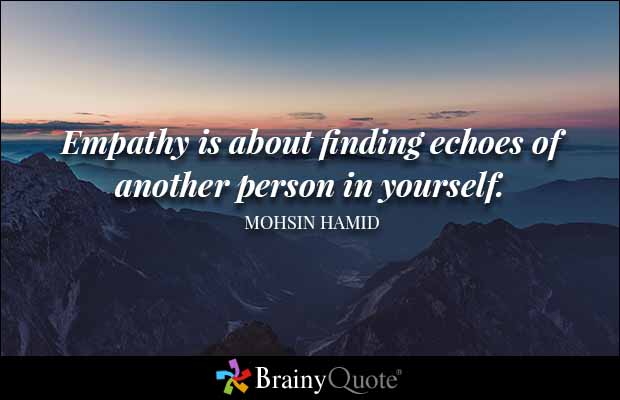
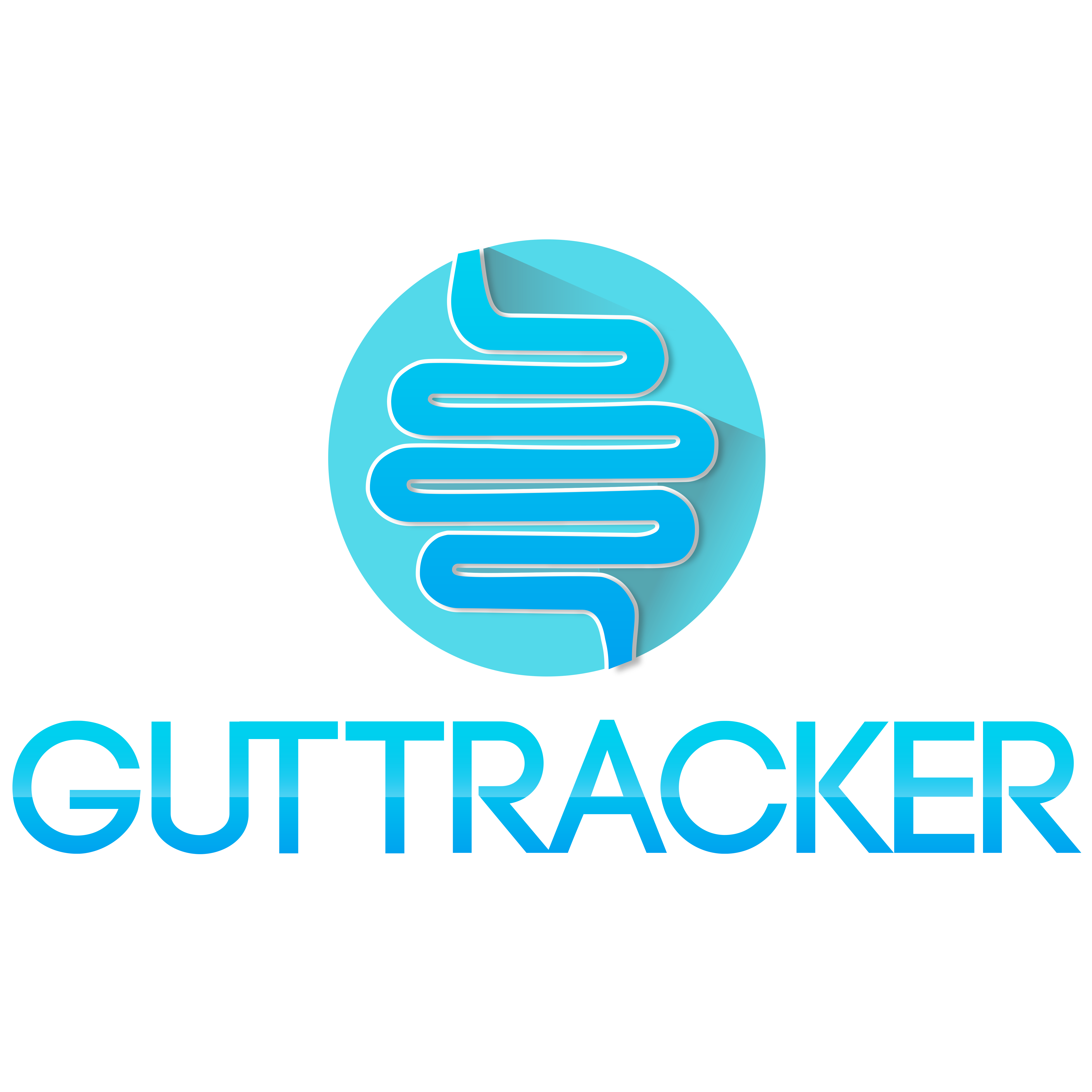
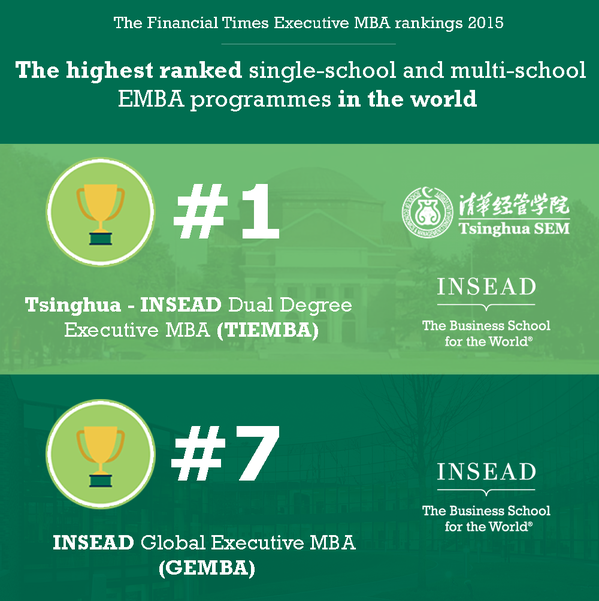
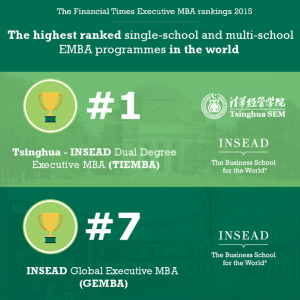 17 months, 52 days of full time study, 3 major assignments and 10 exams later I have finally graduated with my
17 months, 52 days of full time study, 3 major assignments and 10 exams later I have finally graduated with my